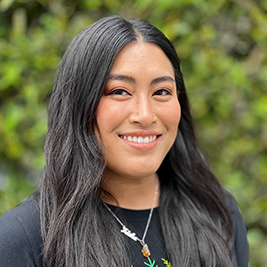Over the past 30 years, Americans have steadily added more sugar to their diets, now consuming an average of about 22 teaspoons of sugar a day. According to the American Heart Association, women should eat no more than 6 teaspoons of sugar per day and men shouldn’t exceed 9 teaspoons. To put that in perspective, a regular can of soda contains 10 teaspoons of sugar.
Eating too much sugar can lead to metabolic syndrome, liver damage, insulin resistance, diabetes, heart disease, weight gain and an increased risk for many other diseases.

Ronesh Sinha, M.D., an internal medicine doctor with the Palo Alto Medical Foundation, says excess sugar wreaks havoc on your body, creating higher insulin levels in the bloodstream. This raises blood pressure and can lead to chronic inflammation and hardening of the arteries. He says eating foods that cause significant fluctuations in our blood sugar levels can negatively affect our mood and memory.
“Eating too much sugar and foods that raise glucose excessively can actually accelerate the aging process and cause premature degeneration in multiple organs, including the brain,” Dr. Sinha says.
Trisha Cornell, CNM, an integrative nutritionist with Sutter’s Institute for Health and Healing, says tapering sugar consumption gets easier with time. In addition to curbing your intake of obvious sources of sugar, such as doughnuts and sodas, be wary of sugar lurking in packaged snack foods.
“There’s just so much sugar in absolutely everything we eat,” Cornell says. “And because we have such a stressful lifestyle, we have a powerful need to use sugar as a reward and source of energy. But what if we found other ways to reward ourselves?”
Here’s what you need to know to start eating less sugar:










